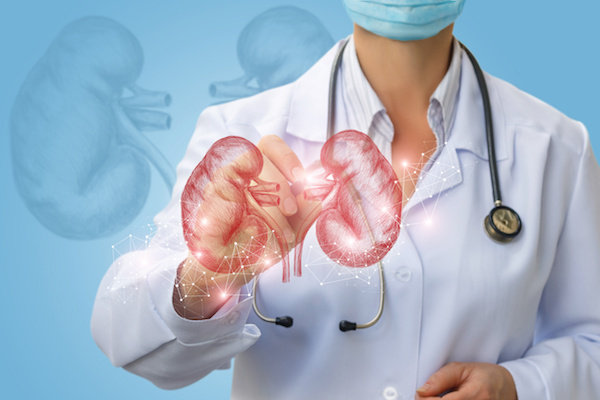How Do the Kidneys Work? | Tennessee Valley Urology Center

It’s safe to say that we’re all aware that our kidneys perform many complex and vital functions that keep the rest of the body in balance. We know that they filter waste and that we can’t survive without at least one of them, but do we know all of their responsibilities and how they do their important jobs?
If not, our Tennessee Valley Urology Center team is here to help you understand how impressive and vital these urological organs are, so keep reading!
Jobs That The Kidneys Do
The kidneys are two bean-shaped organs, each about the size of a fist. They are located right below the rib cage, one on each side of the spine.
Overall, healthy kidneys filter blood, excess water and waste to make urine and remove toxins from the body. They also perform other jobs for your body, including:
- Helping remove waste and excess fluid
- Filtering the blood, keeping some compounds while removing others
- Controlling the production of red blood cells
- Making vitamins that control growth
- Releasing hormones that help regulate blood pressure
- Helping regulate blood pressure, red blood cells, and the number of certain nutrients in the body, such as calcium and potassium
How the Kidneys Work
Now that we know what jobs the kidneys perform, it’s important to know how they perform them.
For starters, each kidney is made up of thousands of little filtering devices called nephrons.
Within each nephron, additional filtering units called the glomerulus and a tubule exist. Once blood enters the nephron, the glomerulus filters the blood, and the tubule returns needed substances to your blood and removes wastes.
After that, the waste moves through the ureter to the bladder, which will exit the body as urine. The clean blood heads back to the bloodstream through your veins, and the bladder eventually becomes full, which passes urine out of the body through the urethra.
The kidneys are amazing! If you have any questions about your own personal kidney function, don’t hesitate to contact our team at Tennessee Valley Urology Center today.
